Dr Phil Tideman Award for Improving Access and Equity presented for first time to Regional Cancer Services at SA Health Awards | Jess Adamson
Countless South Australians are alive today thanks to the legacy of this humble and selfless cardiologist, writes Jess Adamson.
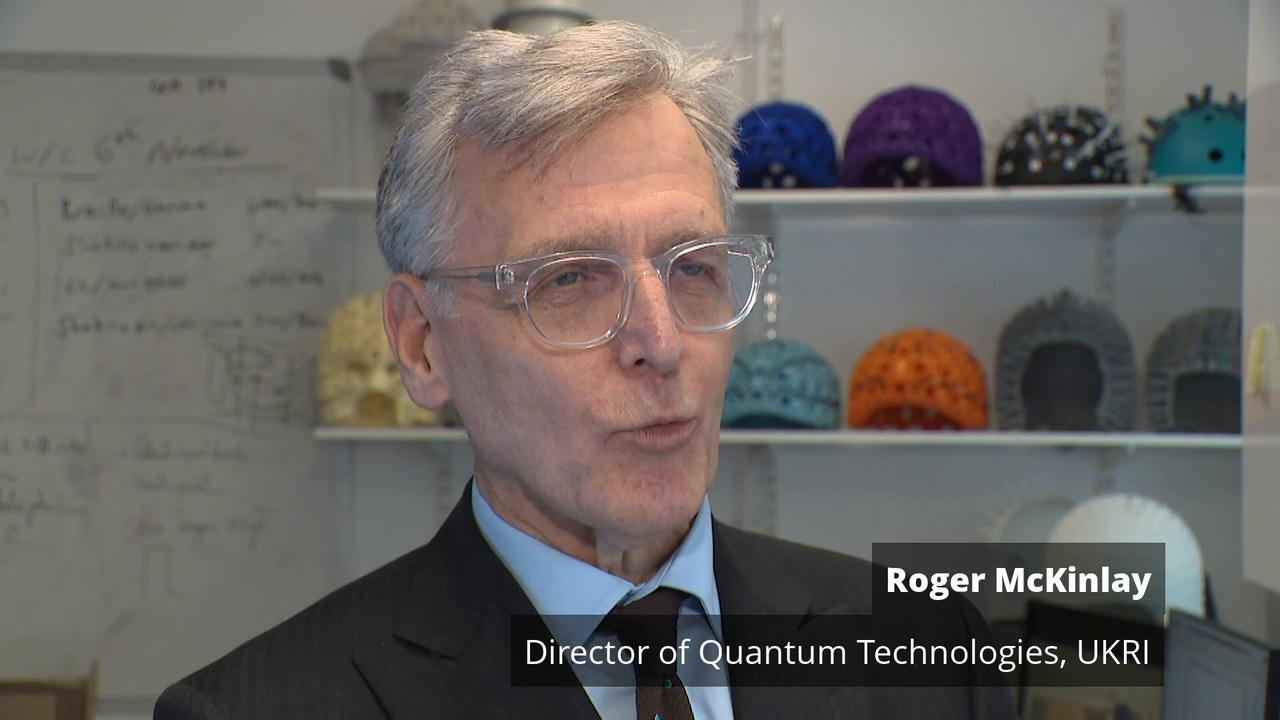
Opinion
Don't miss out on the headlines from Opinion. Followed categories will be added to My News.
On August 26 last year, a month to the day after her father passed away, Edwina Tideman welcomed her first child, a daughter, May.
It was a time of joy, but also heartbreak because Edwina’s father, esteemed South Australian cardiologist Dr Phil Tideman never got the chance to hold his first grandchild.
Bowel cancer had other plans, and the father of 4 cruelly ran out of time.
He was just 64.
Dr Tideman was passionate about health outcomes in our rural and remote communities.
He saw the inequity in the bush and dedicated his life to fixing it, setting a blueprint for the nation to follow.
He was fundamental in creating rural cardiac clinics across South Australia including at Cleve, Kimba, Wudinna, Naracoorte, Kingston, Robe, Millicent, Mt Gambier and Bordertown.
His wife Deborah says it all started with a research project in the South East in 2000.
“He set about trying to work out why there was a survival gap and then developed a complete system to help reduce that,” she says.
“That’s been translated into clinical care and is saving countless South Australian lives now.
“He reduced mortality in country hospitals by 21 percent throughout the work.”
On Friday night, at the annual SA Health Awards, Edwina and her mother Deborah presented an inaugural award in Dr Tideman’s honour.
It was an emotional moment for many in the room.
The Dr Phil Tideman Award for Improving Access and Equity pays tribute to his boldness and innovation for change.
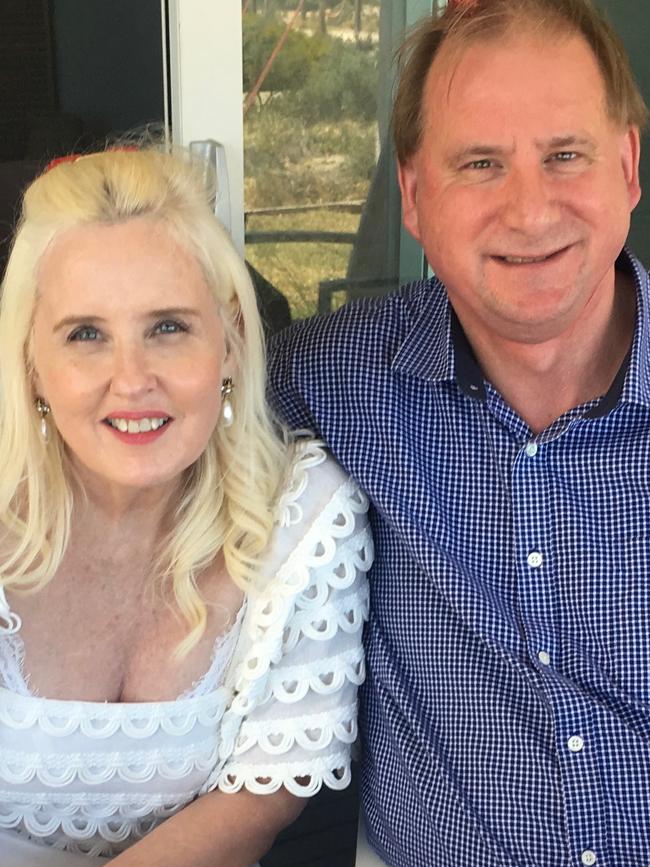
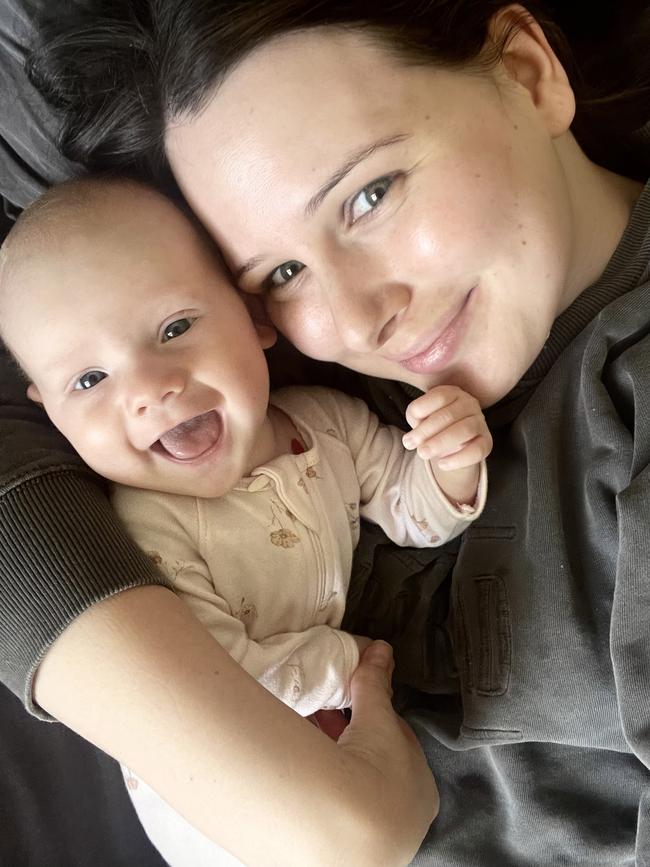
“Although he was a humble man, he would be so pleased that his legacy was living on in his name and that others were using his research and networks in striving for the same goal,” Deborah says.
“After his passing I was so grateful to the number of his former patients who reached out to me and wrote letters saying how much Phil meant to their communities and their families.
“He was very personal in his approach to his work – he constantly reminded the rural GPs to call his mobile anytime for their patients or to ask clinical questions.
“He would literally be called day or night and he never minded.
“One woman in particular wrote to me to thank me and the children for the sacrifice of time. “This woman actually focused in on thanking us for sharing him and I just thought that showed great insight.”
Fittingly, the winner of the award was Regional Cancer Services for its equitable access to contemporary cancer care for patients who don’t live in the city.
The service began a major reform 5 years ago to allow more people to get care closer to home, reducing the stress and isolation on country patients and their families.
It’s a network of chemotherapy units and oncology outpatient departments, allowing every new patient to benefit from multiple specialist opinions.
Sadly, too many rural patients were choosing to forego treatment rather than travel to a major city. They should never have had to make that awful decision.
The team was initially seeing 19 percent of regional cancer patients but that’s now increased to 50pc and rising, reducing the numbers in our major hospitals.
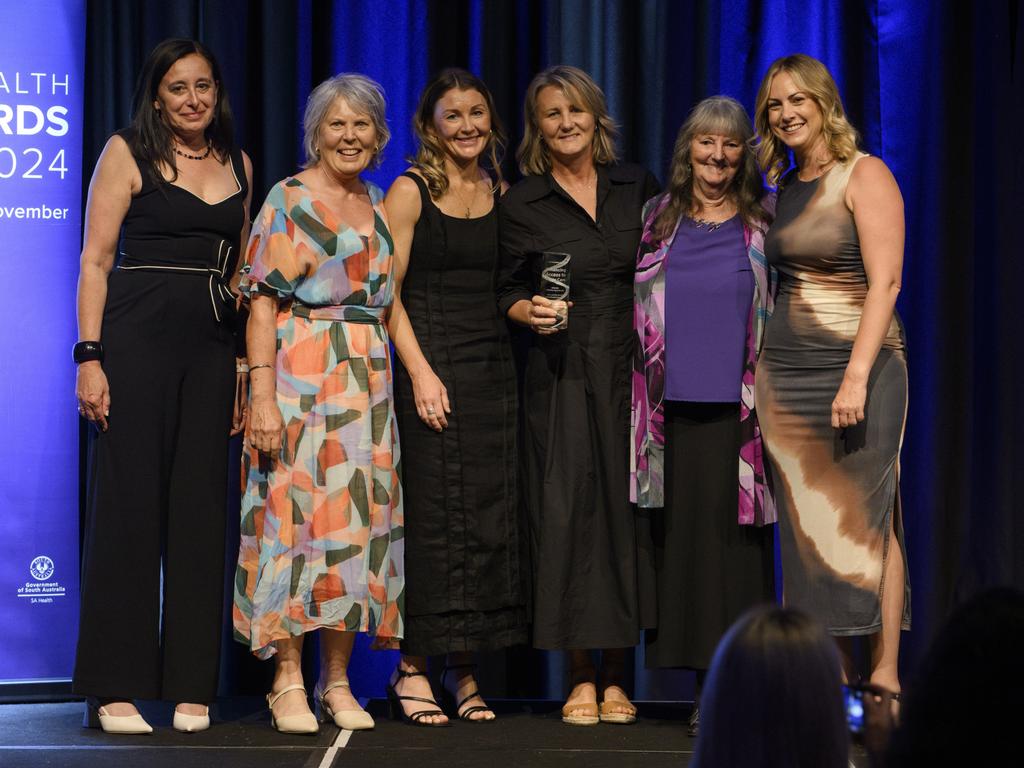
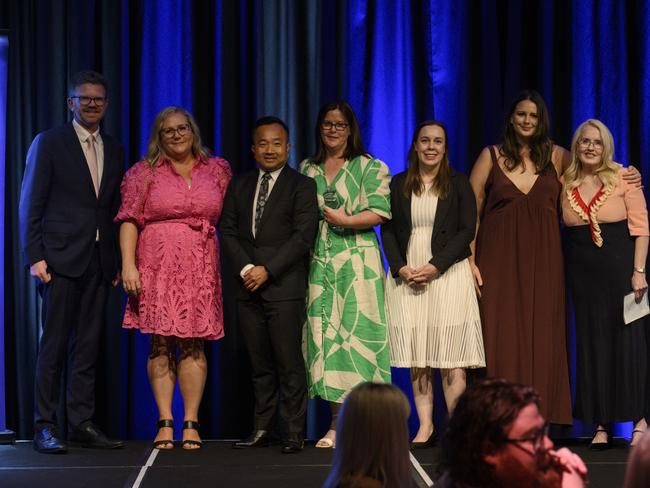
Deborah Tideman says the award is something they’re all proud of.
“It’s lovely for the children, it’s very heartwarming for them,” she says.
“They’re very proud of their dad but I think they’re still processing it in their own way.
“The health system lost a hero.”
Another rural health team recognised with an award for their extraordinary work is the Eyre and Far North Local Health Network Palliative Care team.
They are true angels of the bush.
This small team of 5 nurses and a social worker, some of them part time, cover 337,626 square kilometres to support people in their final months, weeks and days, either at home, in residential care or in hospital.
It’s providing enormous comfort to families who want to respect the wishes of their loved ones, allowing them to die in comfort in their chosen place.
Port Lincoln local Lain Montgomerie contacted the service earlier this year when her 67-year-old mum Rae Toombs was diagnosed with advanced cancer.
Rae didn’t like a fuss but she wanted to stay on the family’s Streaky Bay farm where she’d lived for 40 years, rather than spending her final days in a hospital bed, 40 kilometres away.
“The team was incredible, nothing was too hard, they came to the farm, they advocated for her when she needed more support, or if things needed to be changed,” Lain says.
“Having them as a consistent team to support not only mum but the whole family as well was really comforting, it was the support we needed.”
The service gives rural families 24/7 support in their last weeks of life.
These nurses put their own lives on hold, regularly leaving their own families, to support others in the most challenging of times, in some of the most isolated parts of the state.
They’re assisted in their work by allied health specialists, equipment officers, care workers, community nurses and a palliative care consultant.
Their recent expansion has seen a three-fold increase in the number of people able to die at home, again lessening the burden on our hospitals.
This year alone they’ve supported 233 people to die in familiar surroundings, 2 of those were First Nations people who chose to stay on country.
When everything feels out of control, this uniquely Australian service is giving families a choice and it’s a powerful thing with long lasting benefits for so many.
Our health system is far from perfect, but we are getting some things right.
And just as Dr Phil Tideman showed us, support for our friends in the bush is an important place to start.
*Jess Adamson was the MC for the SA Health Awards.






